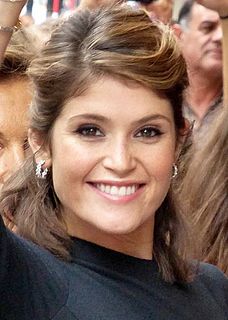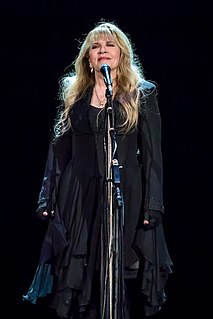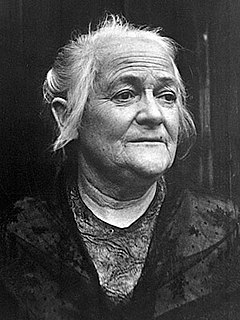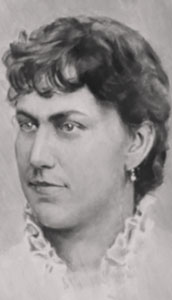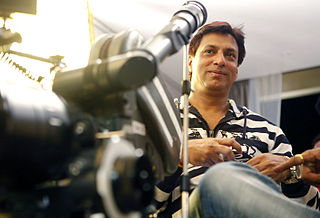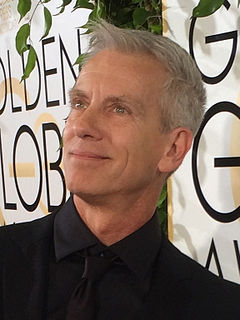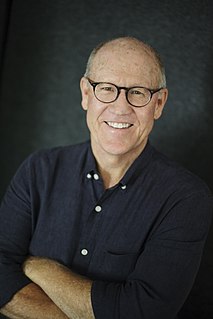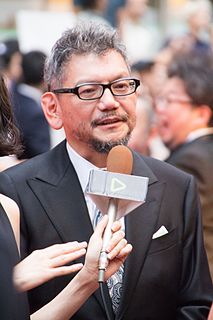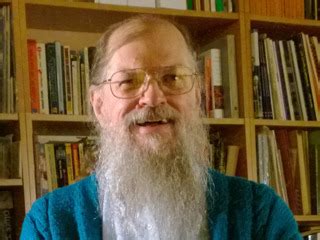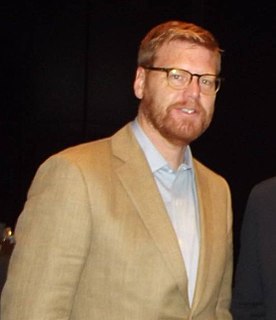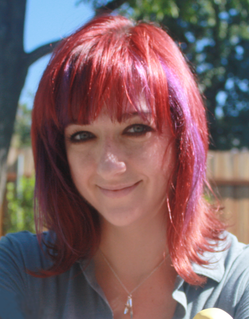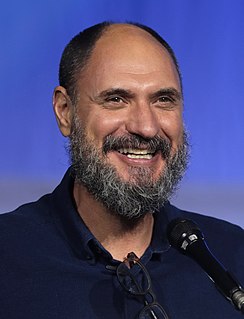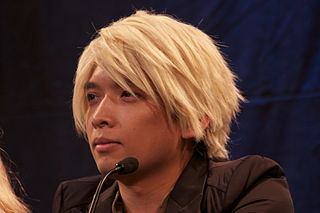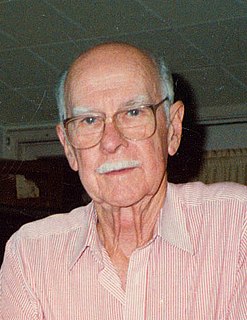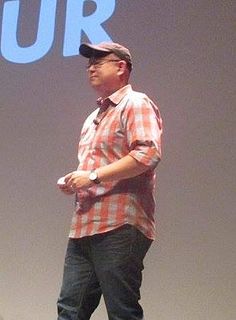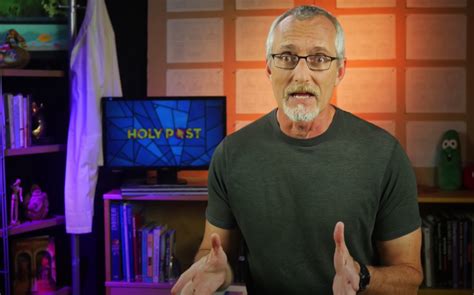A Quote by Signe Baumane
I try not to think of myself as a woman filmmaker. I don't look for women influences. I have noticed in the past few years that there is a certain ceiling that a woman filmmaker can reach. I don't believe that it's sexism per se, but there are certain expectations in the industry about what films should be, how they should be made, what stories they should tell, and it's a habit, it's a tradition.
Related Quotes
In certain states there's a statute of limitation on women who have been raped. How do you do that to a woman? If they are hiding something for 10 years that they finally have the courage to come forward and talk about, how could you take that away from her? And that person should still be held accountable. There's so much about this that we should always be talking about. There are so many layers. And it happens every day, all the time.
When I went back home, I was constantly being reminded, I'm an African woman, and so there are certain things I shouldn't do, certain ambitions that I should not entertain. That was a problem for me because I had never thought of myself as an African woman, never thought of myself as a woman to begin with. For me the limit was my capacity, my capability.
The only method of restoring the natural equality of dignity between men and women, lies in the demolishment of that elaborate theological structure which maintains that woman is made for the possession of man in a sense in which man is not made for woman, and that celibacy, per se, is a state of superior purity. Nature and common sense (not metaphysical sense) demonstrate that there is no good reason why any man or any woman should take, claim, or wield "lordship" over another.
I don't think all films should necessarily look like they do on digital video. I think it cheats the audience, at some point. If you try to make an epic and you shoot it digitally, that doesn't make much sense. I think there's a certain kind of film that could be a "digital film." But it shouldn't be interchangeable with other films. It should be something more than just a capture medium. It should be a different form altogether, something new.
Feminism is a choice, and if a woman does not want to be a feminist, that is her right, but it is still my responsibility to fight for her rights. I believe feminism is grounded in supporting the choices of women even if we wouldn't make certain choices for ourselves. I believe women not just in the United States but throughout the world deserve equality and freedom but know I am in no position to tell women of other cultures what that equality and freedom should look like.

